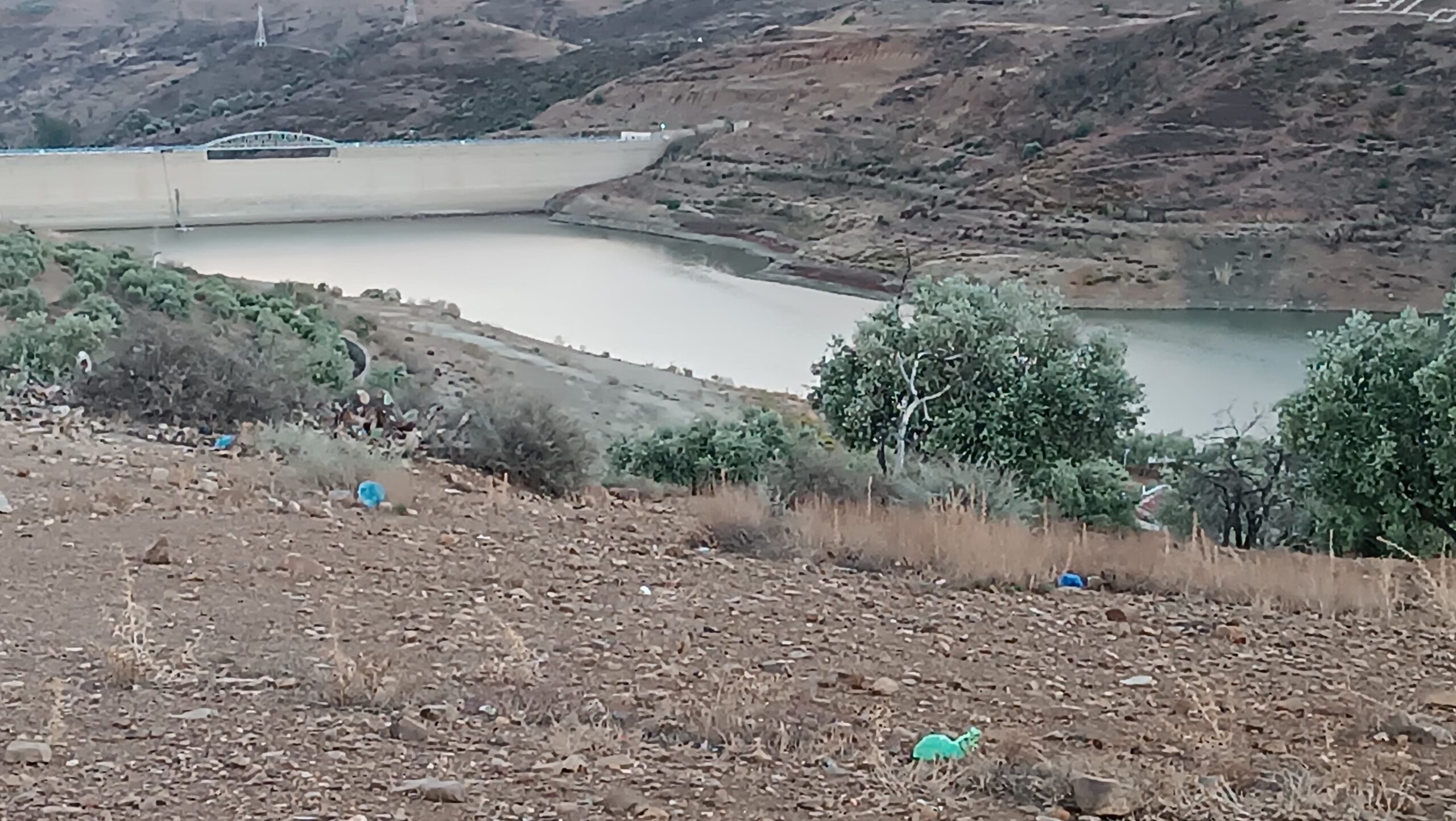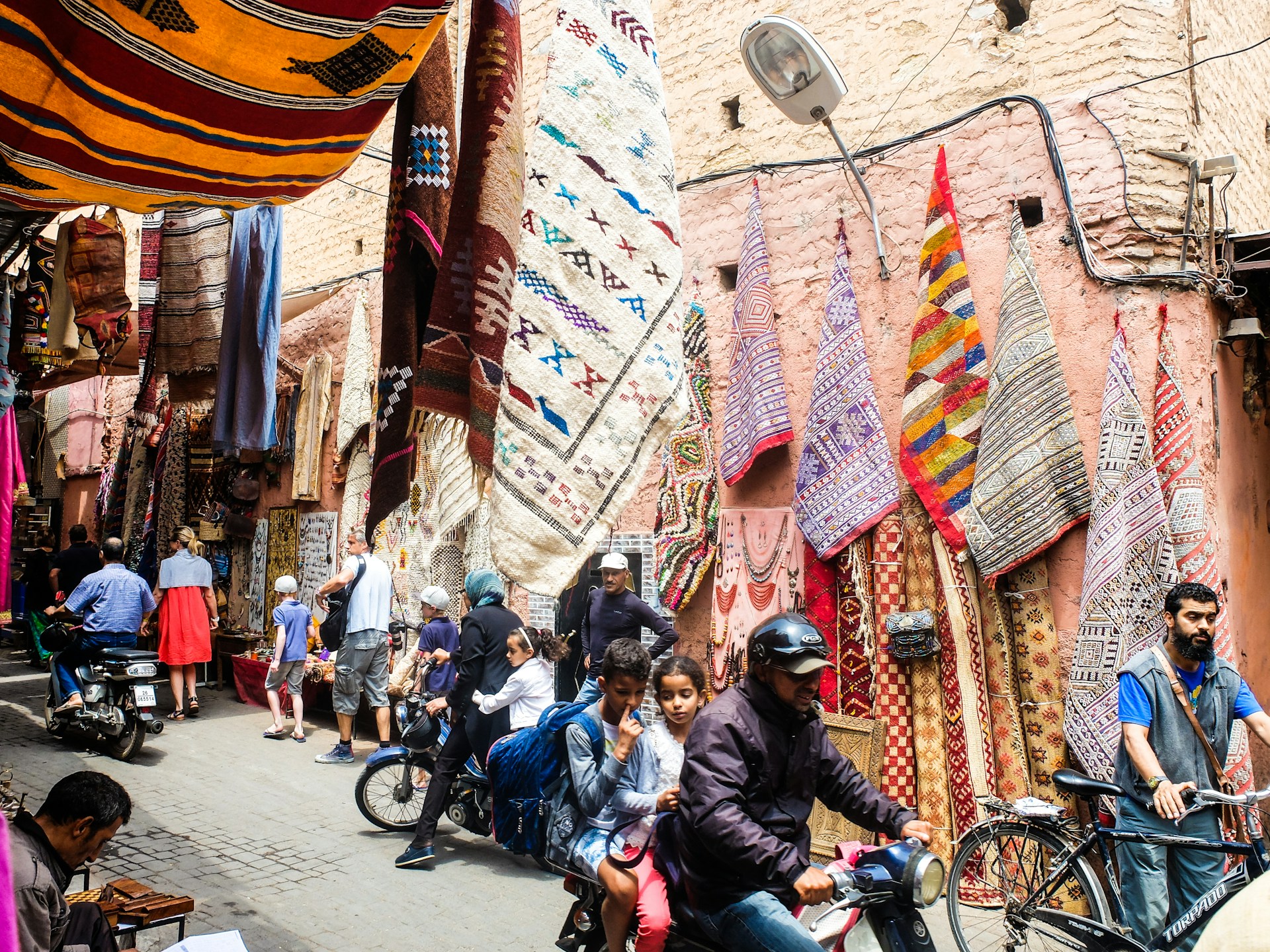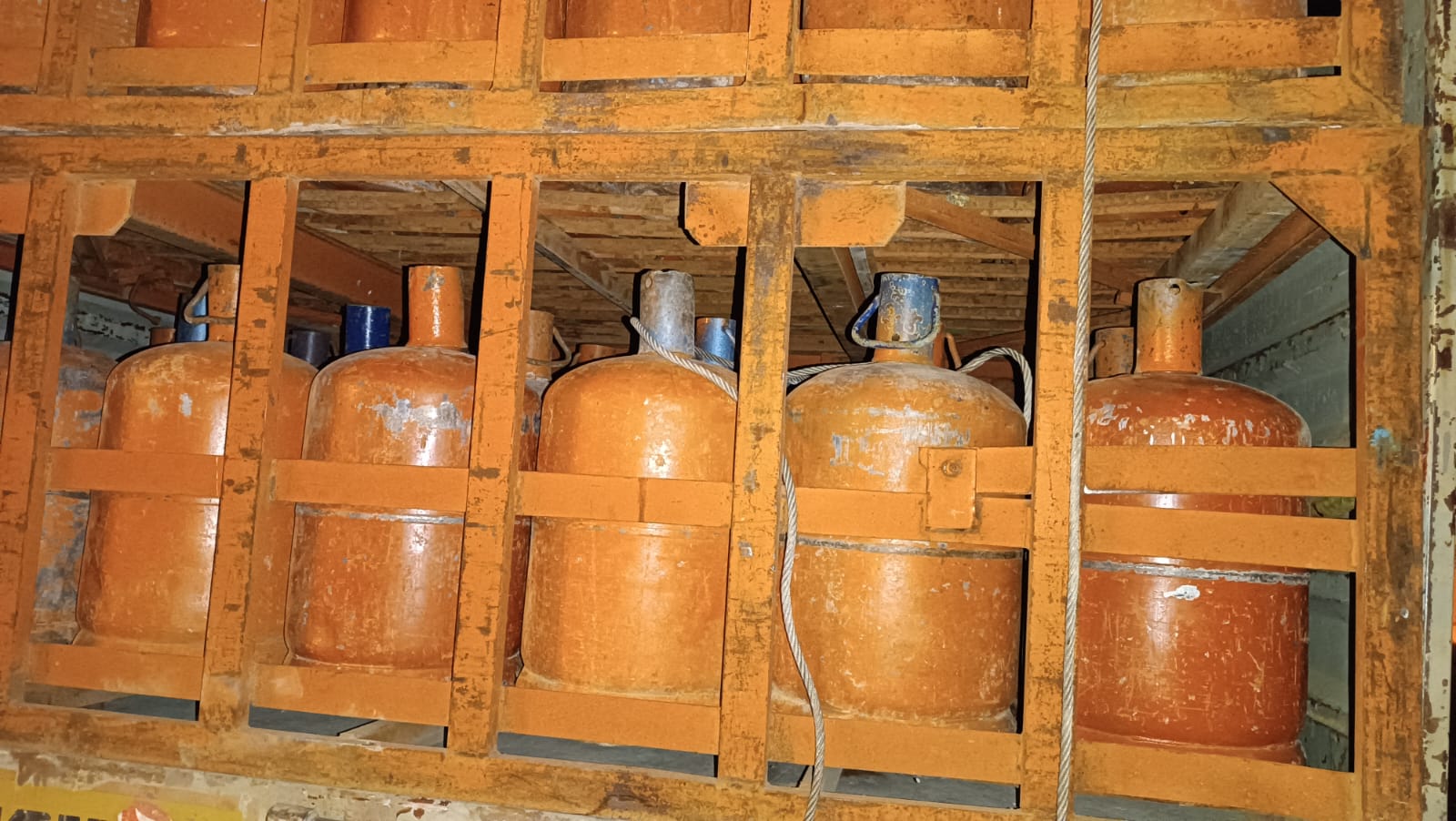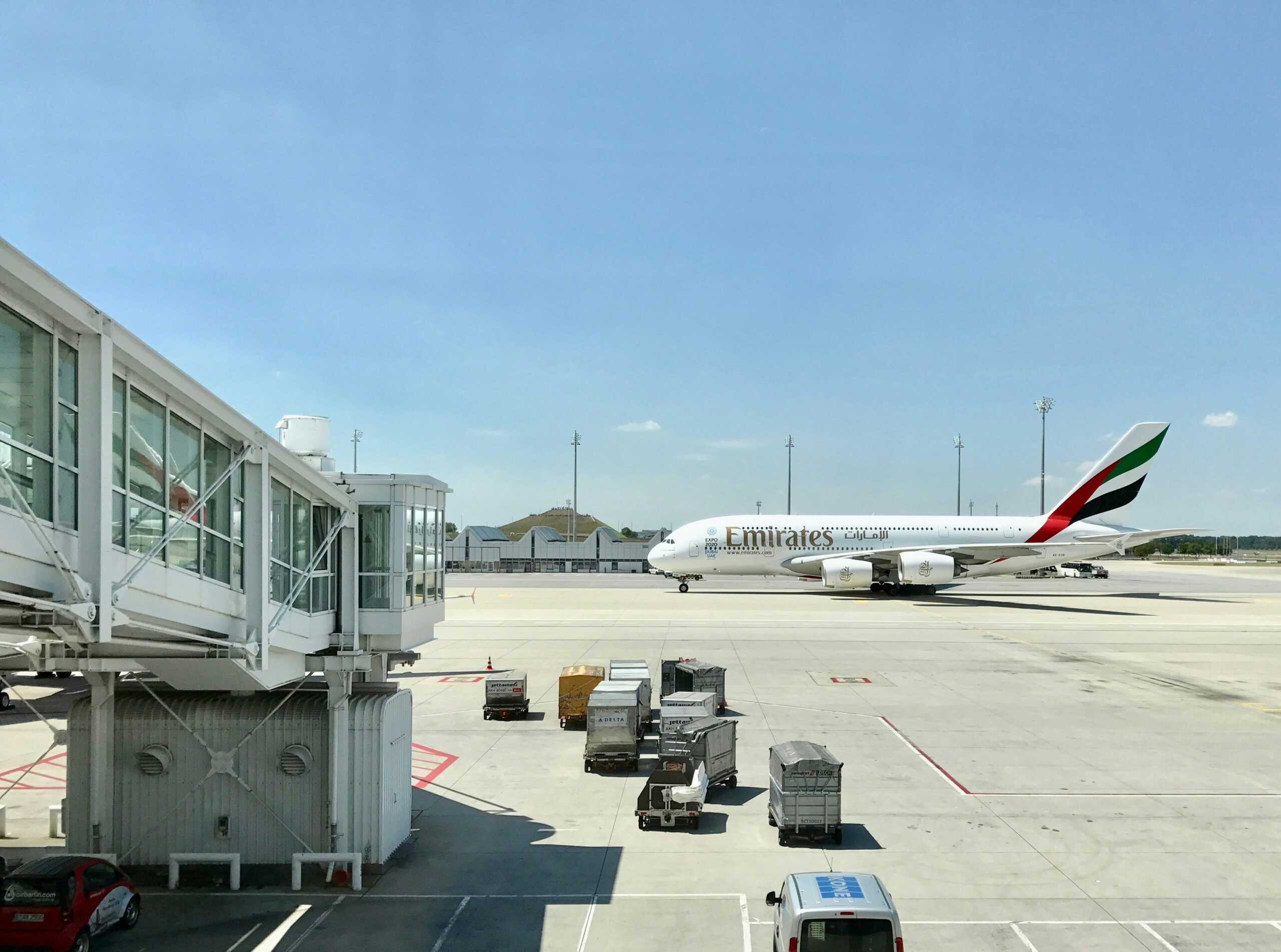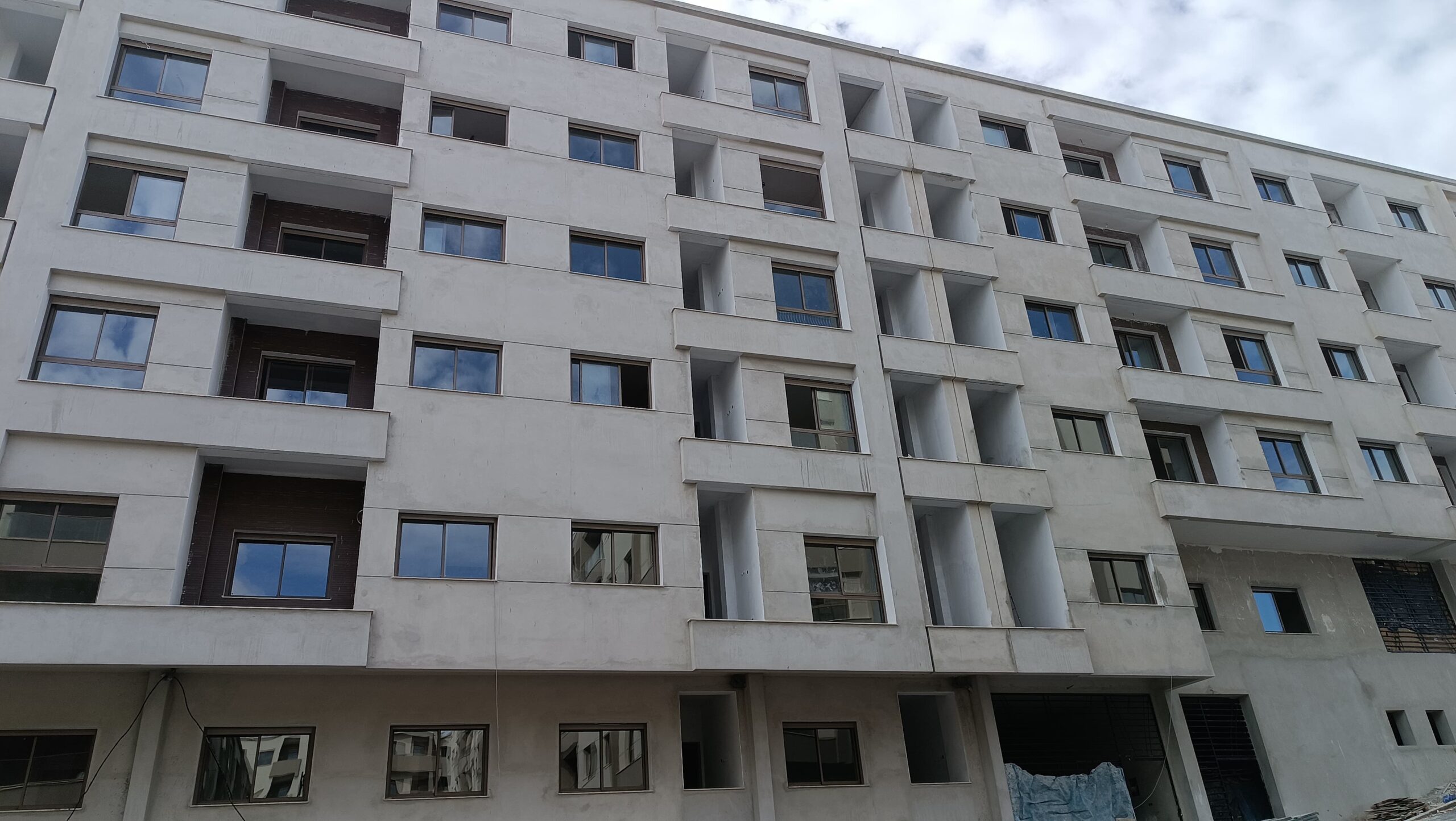Casablanca – Leila Benali, the Moroccan Minister of Energy Transition and Sustainable Development, has unveiled the country’s ambitious plans requiring investments exceeding one billion dollars annually in the energy transition until the end of the decade. This includes a crucial emphasis on tripling investments in renewable energy and quintupling those in electrical interconnection. Benali stressed the necessity of ramping up investments to over a billion dollars annually in the energy transition by the decade’s close, with plans to double thereafter.
The minister anticipates a significant leap in private sector investment in renewable energies by 2027. She revealed this during a parliamentary session while responding to inquiries regarding promoting investment in renewable energy. Benali highlighted the accelerating pace of investment in renewable energy since 2021, notably through bolstering and expanding the national electricity grid. Nearly 23 billion dirhams (approximately $2.37 billion USD) have been earmarked for the period 2023-2027 to facilitate optimal integration of renewable energies and electricity distribution across various regions. She also announced plans for a call for expressions of interest for a high-voltage electricity link spanning 1,400 kilometers, designed to transport electricity from south to north.
Morocco has made substantial strides in renewable energy, amassing a total renewable energy capacity of nearly 4.6 GW, including 852 MW in solar energy, with an investment totaling 30 billion dirhams (approximately $3.09 billion USD). Benali disclosed that over 60 billion dirhams (approximately $6.18 billion USD) have been invested in renewable energy projects since the inception of the national energy strategy in 2009. More than half of wind energy projects have been spearheaded by the private sector, showcasing an accelerated pace of investment in renewable energy and the national electricity grid.
Benali elaborated on Morocco’s energy strategy, underlining three core pillars. Firstly, the development of renewable energy, which currently accounts for 40% of the electricity mix and is projected to surpass 52% by 2030. Secondly, achieving energy efficiency across sectors like transport, industry, construction, agriculture, and public lighting, with a targeted 20% reduction in energy consumption by 2030. Lastly, regional integration, with Morocco being the sole African nation electrically and gaseously connected to Europe.
The minister hinted at an impending revelation of the Kingdom’s policy on green hydrogen, which aims to clarify production costs and secure necessary financing for investments in this domain. Benali stressed the importance of patience for establishing a comprehensive long-term vision. International companies like TAQA Morocco, Total Energies, and CWP Global eagerly await government policy announcements to advance their green hydrogen projects, with expectations of financial incentives and support from the state.
Regarding the Nigeria-Morocco gas pipeline, Benali underscored its significance as an economic and social project, noting its potential to benefit 13 African countries by providing access to natural gas.







